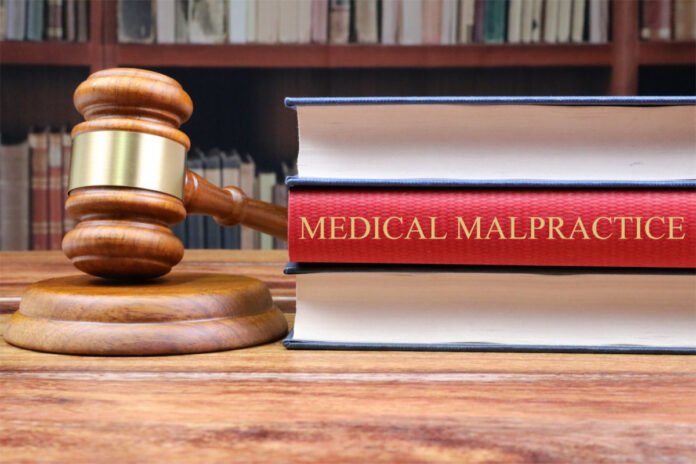Whether you’ve suffered from medical negligence or know someone who has, the 4 Ds of medical negligence is pivotal to any medical negligence case. But do you know what they are?
If not, read on to find out.
What is medical negligence?
Medical negligence occurs when doctors, nurses, or other medical professionals cause harm to a patient, failing to perform their medical duty. This can happen in the NHS or privately.
Although normally the standard of care we receive by medical professionals is excellent, data from NHS Resolution suggests that each year there are 12,629 medical negligence claims brought each year.
But to bring a claim, you first need to establish medical malpractice by demonstrating you’ve hit the ‘4 Ds’.
What are the 4 Ds of medical negligence?
1. Duty of care
It is obvious that all doctors and nurses owe a duty of care to their patients.
However, this does not extend to other scenarios. For example, if you were choking at a restaurant, the doctor would not owe you the same duty of care as if you were choking as a patient.
2. Dereliction or failure
To be deemed as medical negligence, you must prove that the medical professional failed to meet that duty of care.
In short, you need to ask yourself whether the medical professional provided you with the care and treatment needed? If not, your doctor was likely negligent.
Dereliction occurs if a medical professional:
- Misdiagnosed a disease
- Provided incorrect medication
- Cannot meet the standard of care expected
Then you need to establish…
3. Direct causation
Although this sounds complicated, this simply requires you to prove that the actions of the medical professional and the breach of the duty of care caused serious injury or damage.
If your doctor was negligent but it did not cause additional damage, your claim may fail.
Unfortunately, it can be hard to prove causation, so legal arguments can become tense.
Then, it’s time for…
4. Damages
The final D of medical negligence is proving that you have suffered physically or mentally because of your treatment. This can be established using medical records, prescriptions, or testimony.
If you are claiming on behalf of a deceased loved one, family members can also recover damages.
Things to consider
If you believe that you can meet the criteria above, then there’s no reason you can’t bring a medical negligence case.
However, it’s important to remember that if you or a loved one has suffered from medical negligence, time is of the essence. In the UK, you only have 3 years to bring a claim, so it’s best to find a reputable solicitor straight away.
When looking for a solicitor, it’s best to use one near where you’re based. If you’re based in London, you’ll need a team of London-based solicitors. That’s because they will have good knowledge of the medicalTrusts locally, providing you with the best chance of success.
Final thoughts
Although nothing can change the harm you suffered because of medical negligence, bringing a claim can go a long way in getting your life back on track. So, if you think you can prove the 4 Ds of medical negligence – there’s no reason why you can’t get the compensation you deserve.





